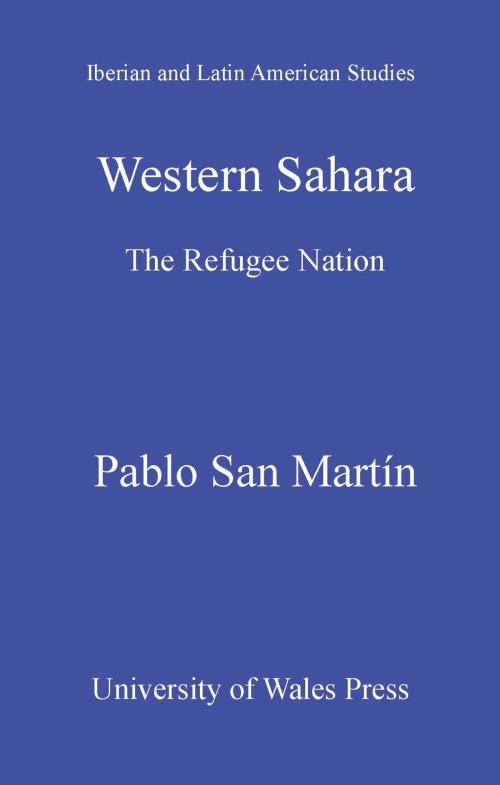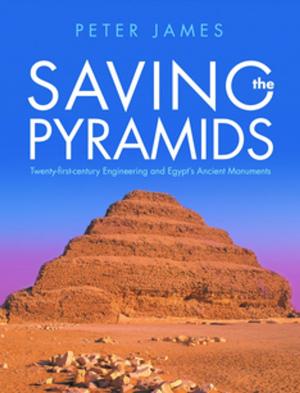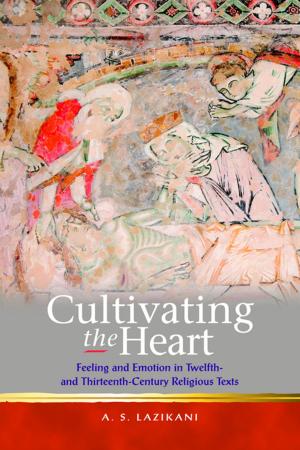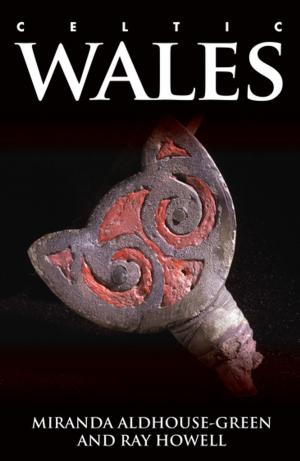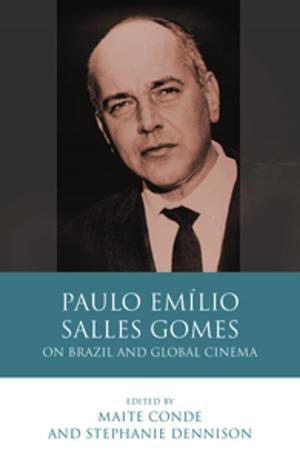Western Sahara
The Refugee Nation
Fiction & Literature, Literary Theory & Criticism, Central & South American, Nonfiction, Social & Cultural Studies, Political Science, History| Author: | Pablo San Martín | ISBN: | 9781783161188 |
| Publisher: | University of Wales Press | Publication: | October 15, 2010 |
| Imprint: | University of Wales Press | Language: | English |
| Author: | Pablo San Martín |
| ISBN: | 9781783161188 |
| Publisher: | University of Wales Press |
| Publication: | October 15, 2010 |
| Imprint: | University of Wales Press |
| Language: | English |
The Western Sahara is the last colony in Africa and the only Spanish-speaking territory in the Arab World. When in 1975 the agonising Francoist Spain abandoned hastily its colony, Morocco and Mauritania occupied the territory, despite the protest of the UN and the resistance of a nascent Saharawi liberation movement, the Frente Polisario. During the first months, the conflict displaced thousands of Saharawis to the neighbouring Algerian region of Tindouf, where almost 200,000 Saharawis still live today in four large refugee camps. But these camps are more than refugee settlements. They became the centre of a state founded by the Saharawi nationalists: the Saharawi Arab Democratic Republic, now recognised by over 60 states worldwide and full member of the African Union. The camps provided the opportunity to develop a process of nation-building and identity construction based on the principles of the revolutionary nationalism of the 1970s. This book explores the dynamic process of construction of the new Saharawi identity, culture and society developed in the refugee camps over the three last decades of conflict and analyses the complex articulation of elements from the Hispanic, Arab and African worlds that shapes the contours of the Saharawi Refugee Nation.
The Western Sahara is the last colony in Africa and the only Spanish-speaking territory in the Arab World. When in 1975 the agonising Francoist Spain abandoned hastily its colony, Morocco and Mauritania occupied the territory, despite the protest of the UN and the resistance of a nascent Saharawi liberation movement, the Frente Polisario. During the first months, the conflict displaced thousands of Saharawis to the neighbouring Algerian region of Tindouf, where almost 200,000 Saharawis still live today in four large refugee camps. But these camps are more than refugee settlements. They became the centre of a state founded by the Saharawi nationalists: the Saharawi Arab Democratic Republic, now recognised by over 60 states worldwide and full member of the African Union. The camps provided the opportunity to develop a process of nation-building and identity construction based on the principles of the revolutionary nationalism of the 1970s. This book explores the dynamic process of construction of the new Saharawi identity, culture and society developed in the refugee camps over the three last decades of conflict and analyses the complex articulation of elements from the Hispanic, Arab and African worlds that shapes the contours of the Saharawi Refugee Nation.
